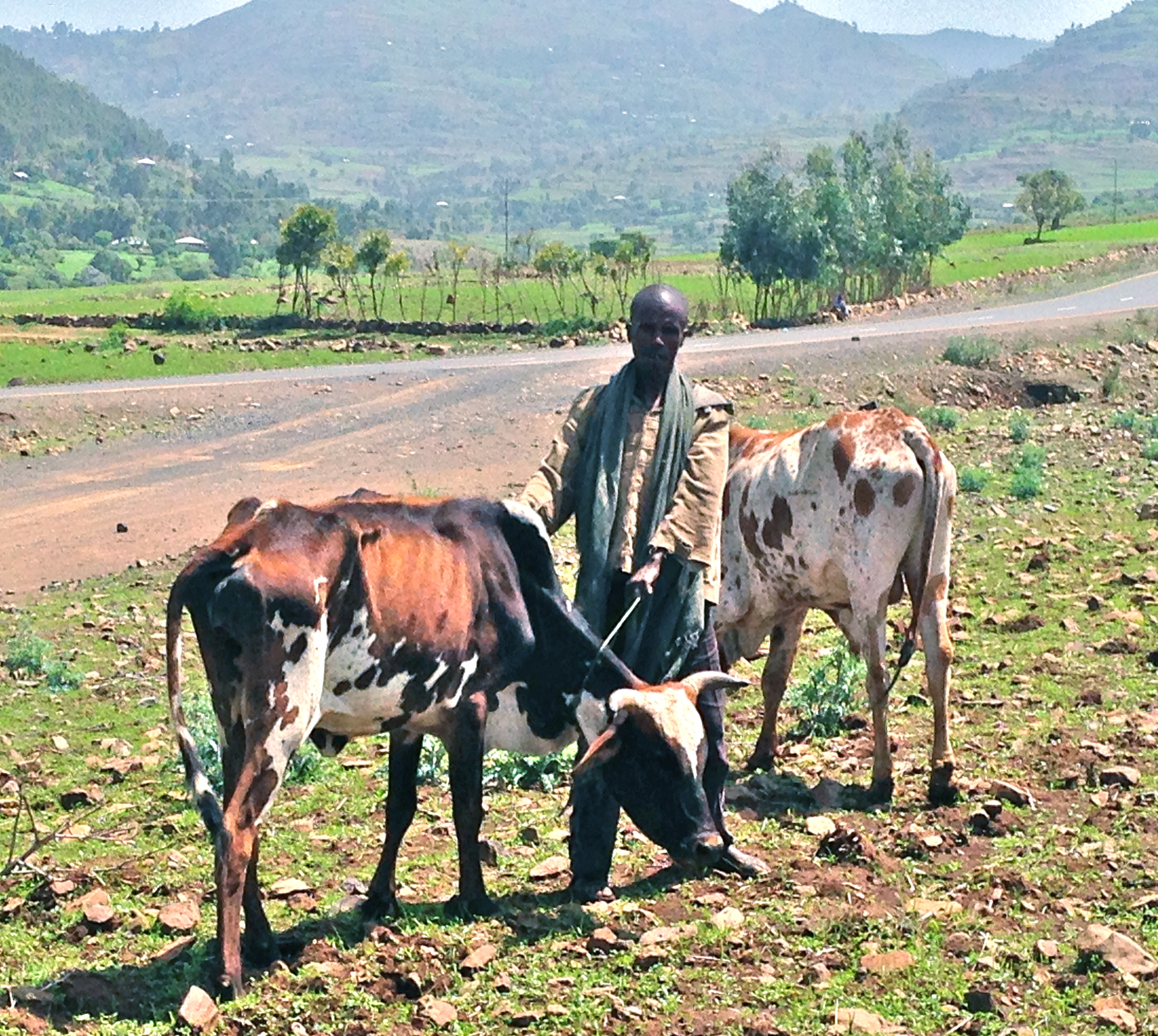Expanding neglected tropical disease and COVID-19 control to mobile pastoralists in Chad (EXPAND)
The project aims to improve access and coverage of mobile pastoralist populations with regard to health information, sensitization, surveillance of COVID-19 and neglected tropical disease (NTD) control. The overall goal is to raise health awareness, establish surveillance and promote integrated interventions against COVID-19 and NTDs.
Why is it important?
Mobile pastoralists represent an important population group that can face difficulties in accessing health services. This is particularly acute in Chad where they travel long-distances throughout the year, live in close contact with large numbers of animals, and interact with local populations along their migration routes. They face limited access to preventive and curative health services which are important for infectious disease surveillance and prevention. Facilitating access to this population ensures “no one is left behind” – a necessity if we wish to reach disease elimination.
Innovation
This project will establish integrated surveillance and access to health information, prevention and treatment related to COVID-19 and NTDs for mobile pastoralists in Chad. This will include the integrated delivery of health service initiatives with activities of veterinary health programmes. The project aims to facilitate disease surveillance for COVID-19 and NTDs by linking the community liaisons/relays with the established national surveillance mechanism through mobile phone networks to enable targeted and rapid response
Key Details
- Organization: Swiss Tropical and Public Health Institute
- Geography: Chad
- Timeline: October 2020 – March 2022
- Budget: £250,000
Expected Impact
The project will raise awareness of good hygiene behaviours and infectious disease symptoms, facilitate disease surveillance through simple reporting mechanisms and establish permanent access to the population by training community volunteers who already serve as points of contact, information multipliers, and intervention facilitators. While the whole community will profit from the intervention through health education, surveillance and healthier animals, the project will also ensure access to health services for children and women who are the most vulnerable within these communities and will particularly benefit the sick from improved reporting and access to diagnostic and curative services.

Future Learning
To sustain the achieved benefits for the long-term, the model proposed builds on established partnerships, including those with government entities, and will be fully documented. The concept design will be handed over to the National Health Programme for Nomadic People, Islanders and Hard to Reach Areas (NHPNP) of the Chadian Ministry of Health. If the approach is successful, it can be directly scaled up and implemented in pastoral areas across and beyond Chad in comparable settings.